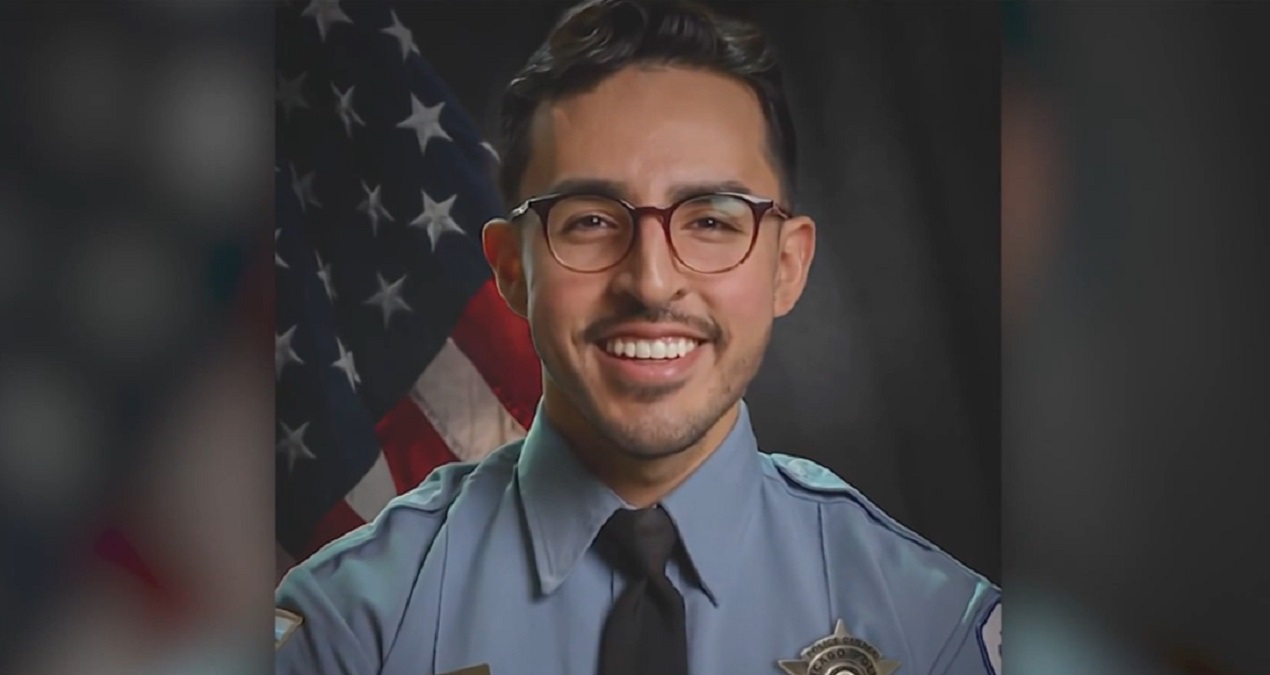Surging coronavirus cases in Michigan have sparked concern from health officials in Chicago as the city reports a spread in new variants that could be behind Michigan's latest rise.
Chicago Department of Public Health Commissioner Dr. Allison Arwady cited the Midwest state's latest spike, which has seen cases more than double in the last two weeks and is now reporting numbers similar to those seen in late-December, as a "major concern."
"Michigan is now third highest in the country in terms of new COVID cases," Arwady said. "And it's surprising because they had been for a month, one of the best states in terms of COVID control across the whole Midwest."
Michigan, health officials added, has seen cases spike by 112% in the last two weeks, leading to a 52% increase in hospitalizations.
Feeling out of the loop? We'll catch you up on the Chicago news you need to know. Sign up for the weekly Chicago Catch-Up newsletter here.
Arwady noted that the state has seen a large increase in cases of the B.117 variant, a more contagious version of the virus that originally emerged in the U.K.
"They have good surveillance and a good testing for it, but regardless, there are concerns that some more variant in in Michigan is driving some more potentially of the cases there," Arwady said.
Meanwhile, the state has moved from a yellow tier to an orange tier under Chicago's travel order, meaning a quarantine or pre-arrival negative test is now required for anyone traveling from Michigan to Chicago, with the exception of people who are fully vaccinated.
Local
The surge in Michigan come as Illinois and Chicago also report concerning trends, officials said.
Chicago, for example, has also seen spread in the same COVID variant, Arwady said.
"We're seeing COVID variants spread in Chicago, and we are not testing every person who gets COVID for those variants, but we absolutely are seeing again that B.117 variant that first emerged in the U.K., that they're seeing a lot of in Michigan," she said. "We are also seeing more cases of it here in Chicago and we have seen some spread. And so, reminding people, you know, we're seeing cases from across the city, it doesn't matter where you live in Chicago, we continue to see cases emerging from every portion of Chicago, we continue to see people being hospitalized."
Most recently, on March 5, the Chicago Department of Public Health reported the city's first case of the Brazilian COVID-19 variant, which also marked the first such case in Illinois, according to health officials.
Illinois reported its first case of the variant first discovered in South Africa on Feb. 11, while the U.K. strain was initially reported in Chicago on Jan. 15.
Arwady said the current trends in city metrics, many of which have risen in recent weeks particularly in young adult populations, are similar to the trends seen ahead of the fall surge that led to coronavirus mitigations across the city and state.
"Unfortunately, these sorts of increases are just what we were seeing in October as we were starting to see the beginnings of what became our huge surge," Arwady said during a coronavirus update Tuesday. "It was really the same case rates and younger adults that started this."
The city's positivity rate sat at 3.2% Tuesday, remaining in the low-risk category, but marking an increase from a recent low of 2.7%, Arwady said.
Even more concerning, she said, is that case counts in the city are also starting to rise, with a current average of 350 cases per day, compared to 285 one week earlier.
Her comments were echoed in part by Illinois Department of Public Health Director Dr. Ngozi Ezike, who said Tuesday that the state is "seeing some concerning plateaus and even increases in hospitalizations and cases."
“Even as we’re getting more and more vaccine doses, we cannot let our guard down, especially with these virulent new strains circulating,” Ezike in a statement. “We’ve come so far and are so close to a more normal time, but we’re already seeing some concerning plateaus and even increases in hospitalizations and cases. We’re not out of the woods yet so continue to wear your masks, avoid large crowds, and keep six feet of distance.”
Health officials in Illinois on Tuesday reported 1,832 new coronavirus cases and 13 additional deaths, along with more than 70,000 vaccinations in the past 24 hours.
Arwady said that while the city continues to make progress in vaccinating residents, she's particularly concerned about the short-term impacts of a surge, but remains optimistic for longer-term projections.
"I remain really confident that this summer, assuming we continue to see really good vaccine demand and really good uptake as vaccine supply increases, we'll be in good shape this summer, but I am really worried about this next sort of four to eight weeks," she said.



